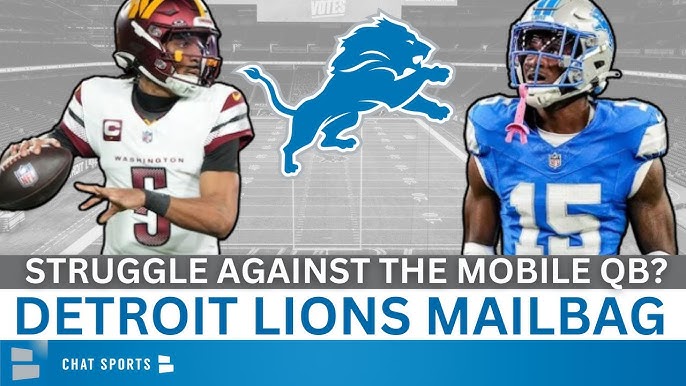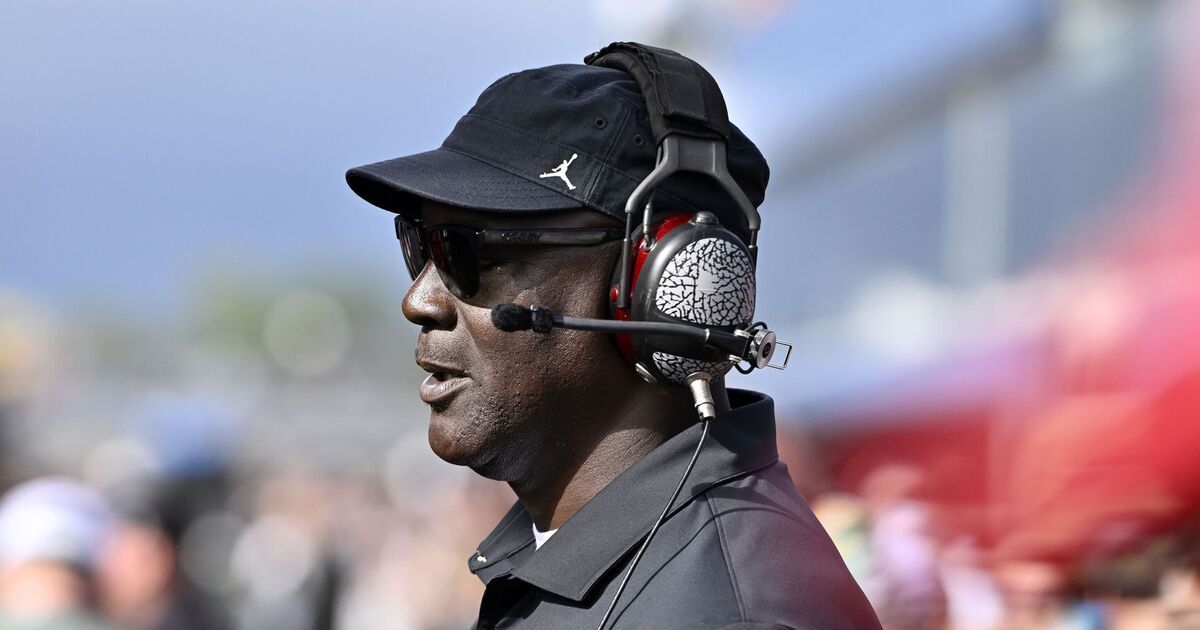It’s no secret that the Detroit Lions are evolving in the NFL, with a particular emphasis on embracing the future of the league—having a mobile quarterback. The evolution of the quarterback position in both college and professional football has seen a significant shift in recent years, with mobility and dual-threat capabilities becoming highly valued traits. Mobile quarterbacks, who can make plays with both their arms and legs, are no longer an afterthought in the NFL. Teams are realizing that these quarterbacks can be dynamic playmakers, and the Lions are beginning to see the value in adapting to this new wave of talent.
Historically, the NFL has favored pocket passers—quarterbacks who excel at reading defenses and delivering precise throws from the pocket. However, the success of mobile quarterbacks in recent seasons has forced teams to rethink their offensive strategies. Players like Patrick Mahomes, Lamar Jackson, Jalen Hurts, and Josh Allen have proven that a quarterback who can extend plays with their legs or even take off for a big run adds a level of unpredictability and excitement to an offense. These quarterbacks provide defenses with a unique challenge, as they can beat you in more ways than one, keeping defenders on their toes and forcing defensive coordinators to game-plan differently.
For the Detroit Lions, this evolution is not lost on them. While the Lions have had notable quarterbacks in their history, such as Matthew Stafford, who was known for his strong arm and pocket presence, the current NFL landscape is increasingly calling for dual-threat quarterbacks. Though Jared Goff, the current Lions’ starter, is not known for his mobility, he has proven to be effective in a more traditional pocket-passing role. But as the league continues to embrace the mobile quarterback trend, the Lions will likely be looking to adapt and consider quarterbacks who can add that extra dimension to their offense.
The Lions are already showing signs of embracing the future with the growing importance of mobility in the quarterback position. While Goff may not fit the mold of a dual-threat QB, the team’s front office has clearly recognized the need to be flexible and future-proof. As the NFL shifts toward faster, more dynamic offenses, the Lions will undoubtedly keep their eyes on quarterbacks who can blend mobility with arm talent—positioning themselves for success in the next era of the NFL.
Ultimately, the rise of the mobile quarterback has fundamentally changed the NFL’s offensive landscape, and the Detroit Lions’ ability to adapt to this trend will play a key role in determining their future success.



